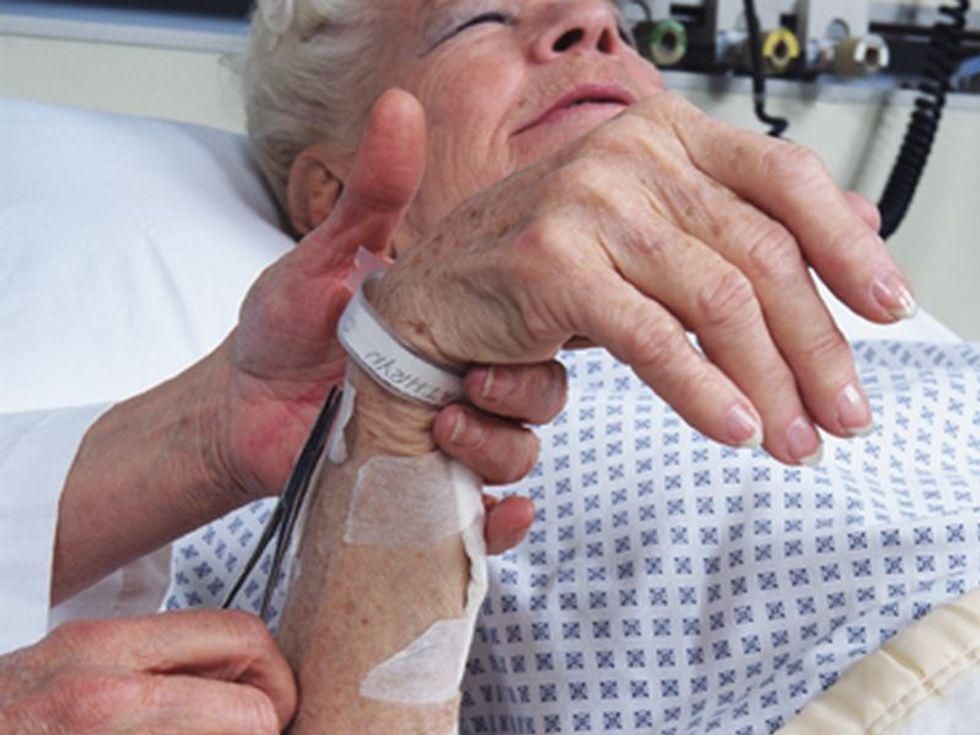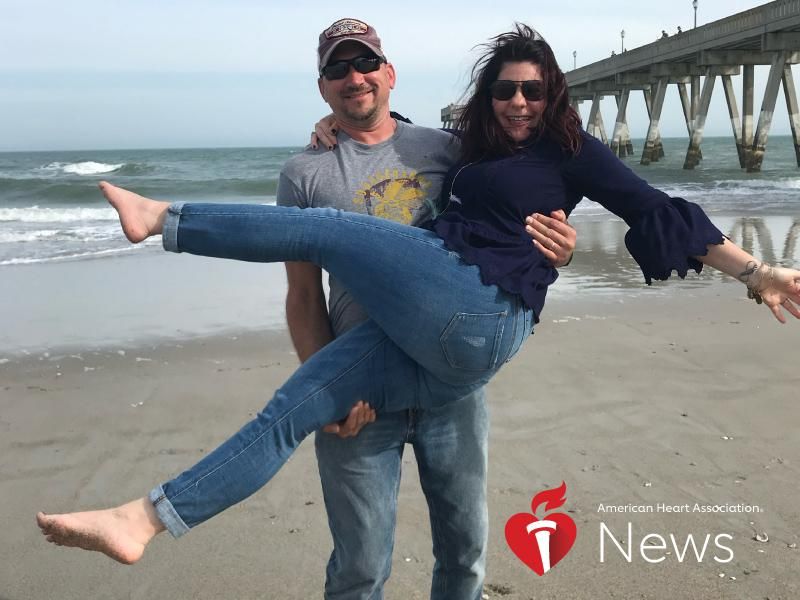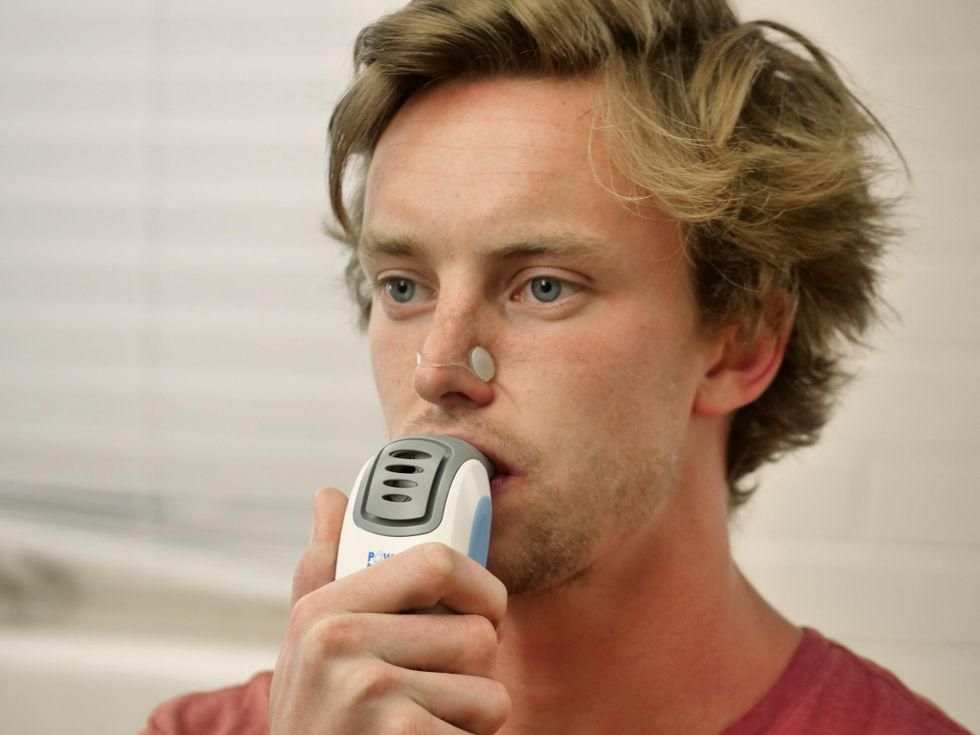
Mental health problems and thoughts of suicide are common among U.S. coal miners with black lung disease, a new study finds. Black lung is a progressive illness caused by inhaling toxic coal and rock dust in coal mines. There are few treatment options. “Although coal mining is on the decline, the rates of black lung… read on > read on >






























